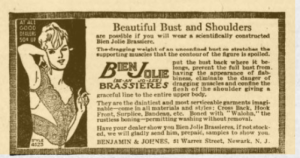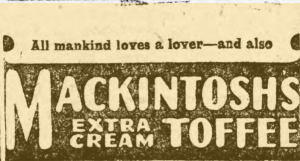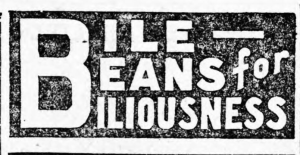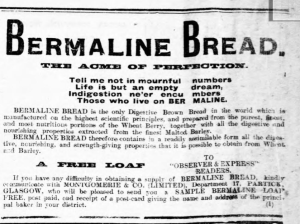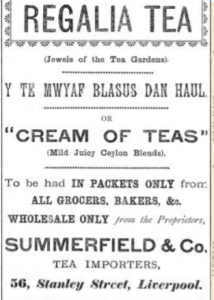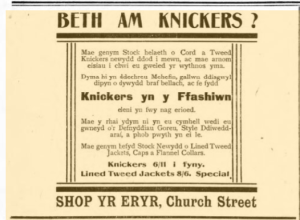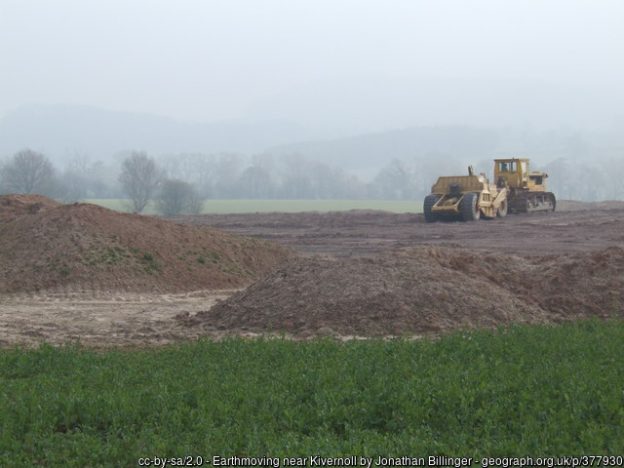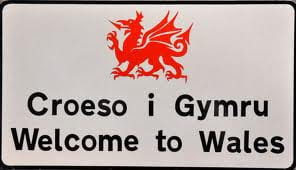‘Oh my country, my country! Her Majesty’s Commissioners say we are a drunken, lying and dishonest race – men without honour, women without chastity …’[i]
One of the projects I want to take off the back-burner in the next year deals with defamation in relation to Welsh, and the Welsh people. My initial interest was in the early period of common law actions on the case for defamation – which come to prominence, and show rapid development, in the sixteenth and seventeenth centuries, at a most interesting period for both Welsh governance and the Welsh language, and, as far as I am aware, there has not yet been a full consideration of the way in which actions on the case for defamation dealt with the bilingual reality of Wales. This is something of a stretch for me, in that this is not a period in which I would claim any great expertise, and there may be a need for a bit of hand-holding from those who know it better, but I am not sure that any individual has all of the various skills and knowledge relevant to this, so it does not seem totally out of order for me to have a go at it. At the moment, of course, it is difficult to make any progress, given the inaccessibility of archives. I decided to do a little exploration of such sources as are available to me, and am currently searching through the excellent Welsh Newspapers Online – Home (library.wales). This is proving interesting both in terms of what I have thought of as the ‘core’ of the project – the doctrinal development of defamation law in relation to Wales, Welsh and the Welsh – and also in terms of wider ways in which defamation might have had a distinct role, a distinct accent, for the Welsh, over a much longer period.
I had imagined that my main questions for the doctrinal core would be:
- in what ways might calling somebody Welsh (alone, or in combination with something else) be defamatory?
- when might an insult in Welsh be actionable?
- how would such an insult be evaluated?
I have found some good material on some of these points in the archive in the past, and today turned up a nice quote relevant to the last point, from a letter in a newspaper in 1821:
‘ In cases of libel or defamation, which originated in the Welsh, and are now brought into Court to be tried in the English language, the parties are frequently foiled, and the ends of justice defeated. No language will admit of a literal translation, or is always capable of giving every word its full force and meaning in another. The Judges are totally ignorant of the Welsh, the Barristers equally so, and the Attornies, not uncommonly without any knowledge of it. The issue of the whole matter then rests on the fidelity of the Interpreter, who is not, at all times, the most competent for his office. And how, I would ask, can justice and equity be administered in such a case?’[ii]
After starting to look at the newspaper archive, however, I have an additional question: how would it be ascertained whether a person alleged to have uttered an insult in Welsh could in fact speak Welsh? This came up in a report of 1808 from North Wales.[iii] The case was Williams (an infant) v. Read and his wife. How much of an ‘infant’ Williams was is not clear – and nor, sadly, though unsurprisingly, are the words, the nature of the alleged insult is not set out. We are told that Mrs Read tried to plead justification, and failed, and that then there was the issue of whether she could have said the words in question (those pleas seem rather contradictory to me, but perhaps I am missing something!). The point was made that Mrs Read came from Cheshire, and that, despite living for 30 years in what was a seriously Welsh-speaking part of the country she had not learned any Welsh, or at least not enough to speak the words in question (were they particularly challenging to a non-native speaker? Lots of Ll and Ch? Had she allegedly described young Williams as the worst thief in Llanfairpwllgwyngyllgogerychwyrndrobwllllantysiliogogogoch?). The jury didn’t accept this anyway, and Mrs Read was found to have defamed the infant Williams. (I am definitely going to have a poke about to see if there are other, more informative, reports: nothing so far!)
There are a number of leads like this to follow up, but also some wider contexts and trends to consider. I do wonder whether there is a particular vehemence to the condemnation of defamation in a community condemned in the way suggested by the quote at the head of this post, but which emphasises, in one of its central cultural institutions, the Eisteddfod, its own heroically truthful tradition: Y Gwir yn Erbyn y Byd (‘[The duty to uphold] the truth against the world’). It is interesting to note how regularly the Welsh language papers seem to leave ‘defamation of character’ in English – a nasty Saxon practice? Also, my superficial perusing has me musing (going a little bardic there?) about the regular mentioning of slander and defamation in relation to the bitter fighting over the position of the Anglican church, and native dissent, in the later nineteenth century and early twentieth century. From a modern, secular, viewpoint, this sometimes looks like a battle over trivial differences, but the feelings were very deep and real, and accusing the Tory/high church powers of defamation against the Welsh in general, and their dissenting churches and their ministers in particular, was a complaint which seems to have been something of a rallying cry. One example gives a flavour – ‘The Church Times has out-Heroded HEROD in its superfluity of libellous traducement. We have occasinally noticed the sluice of persistent slander against the Welsh people which this High Church paper keeps continually open’.[iv]
Much to ponder, and to investigate further, when it becomes possible. I am encouraged, though, that there is something here. It just might be less the one painless article I had looked forward to, after more or less escaping the long pressure of the Women and the Medieval Common Law book, and more a set of linked pieces of a rather amorphous blobby nature. Ah well – Wales, Welsh and the Welsh never have been straightforward. Croeso i Gymru.
GS
7/2/2021
[i] North Wales Chronicle and Advertiser for the Principality, 22nd February, 1848, p.2. Letter from ‘A Loyal Welshman’.
[ii] D.W., The Cambrian, 16th June, 1821, Letter, ‘The Welsh Language’, p.3,
[iii] North Wales Gazette, 24th November, 1808, p. 3, dealing with proceedings in ‘Carnarvonshire’ County Court.
[iv] South Wales Daily News, 22nd December, 1896, p. 4.

